


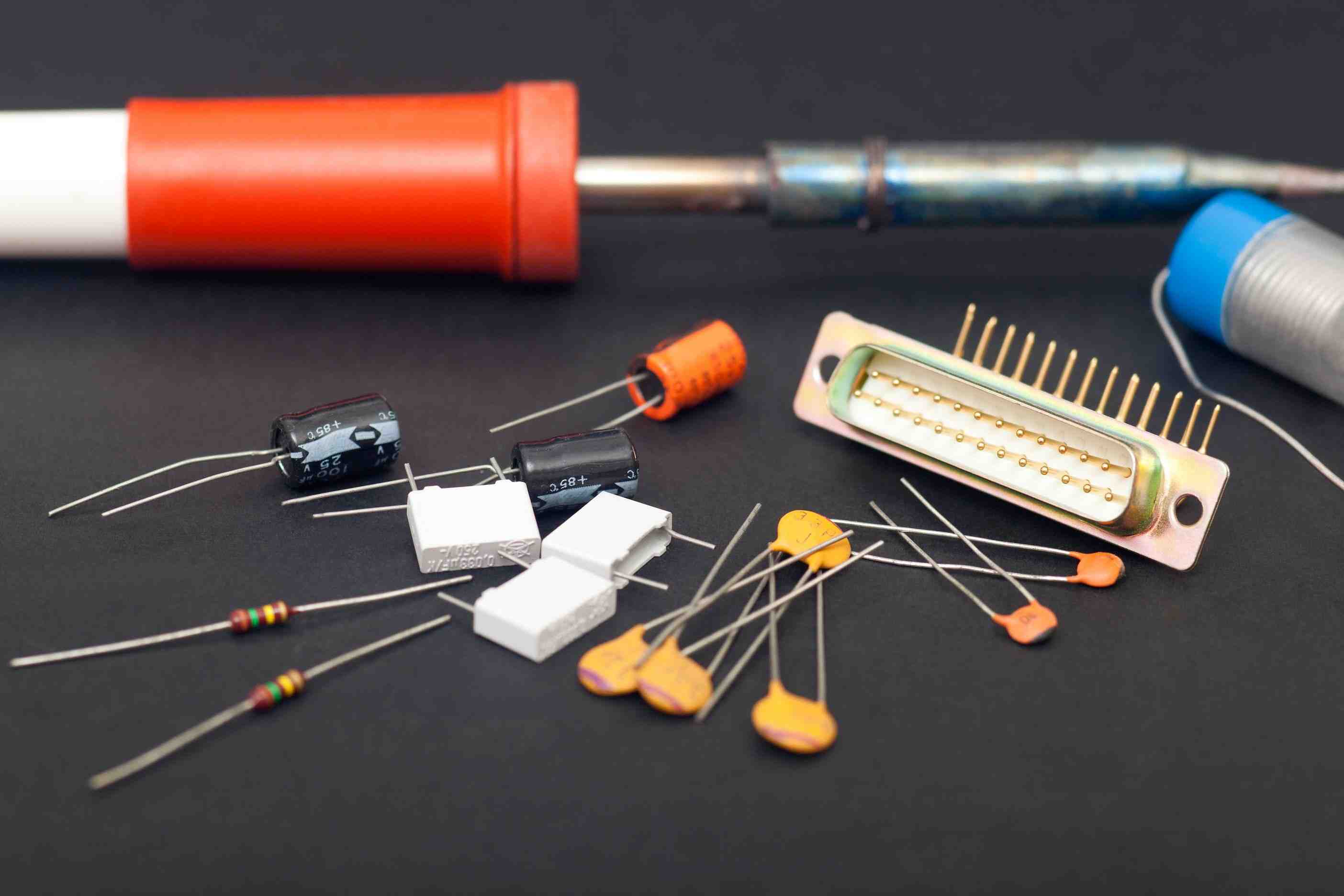

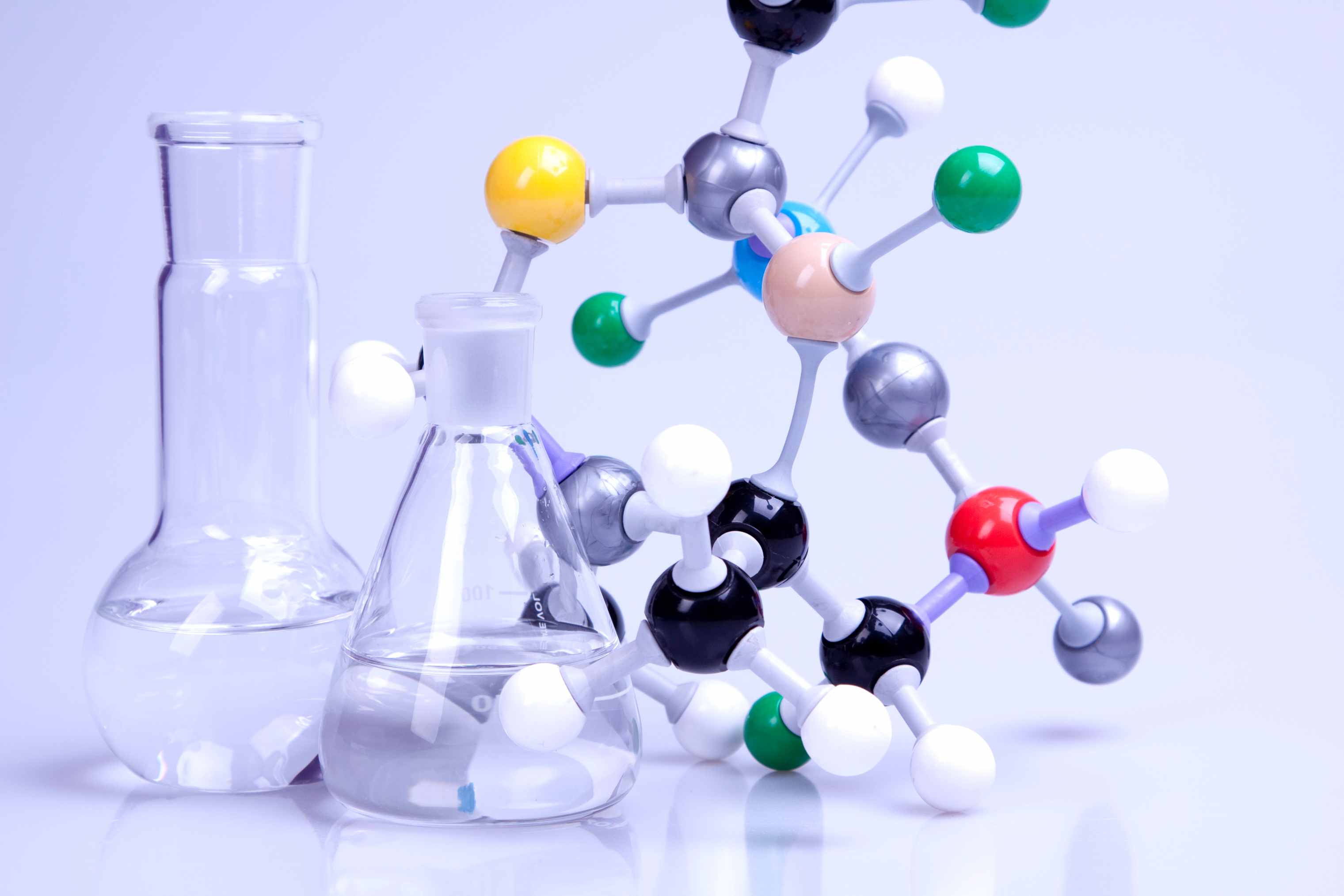
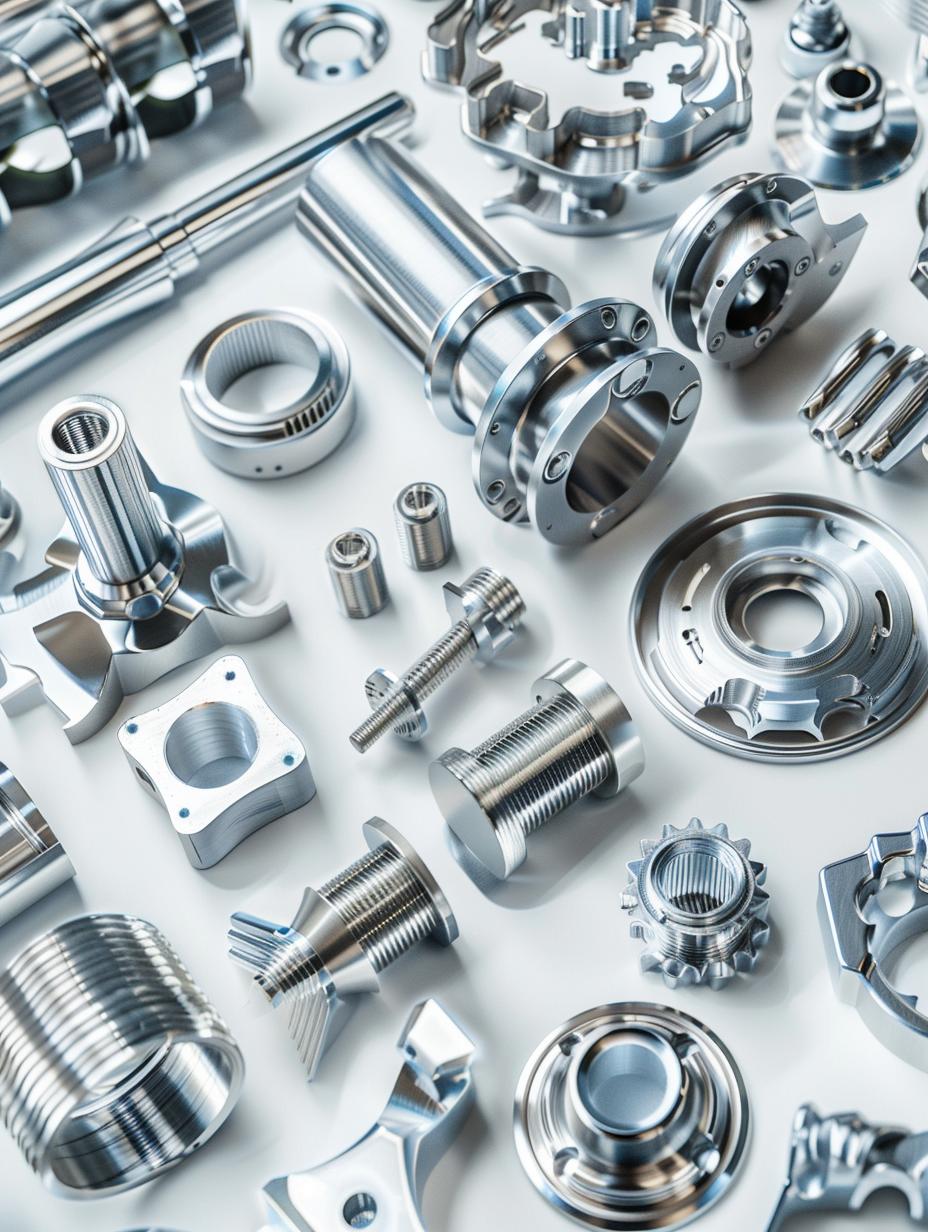














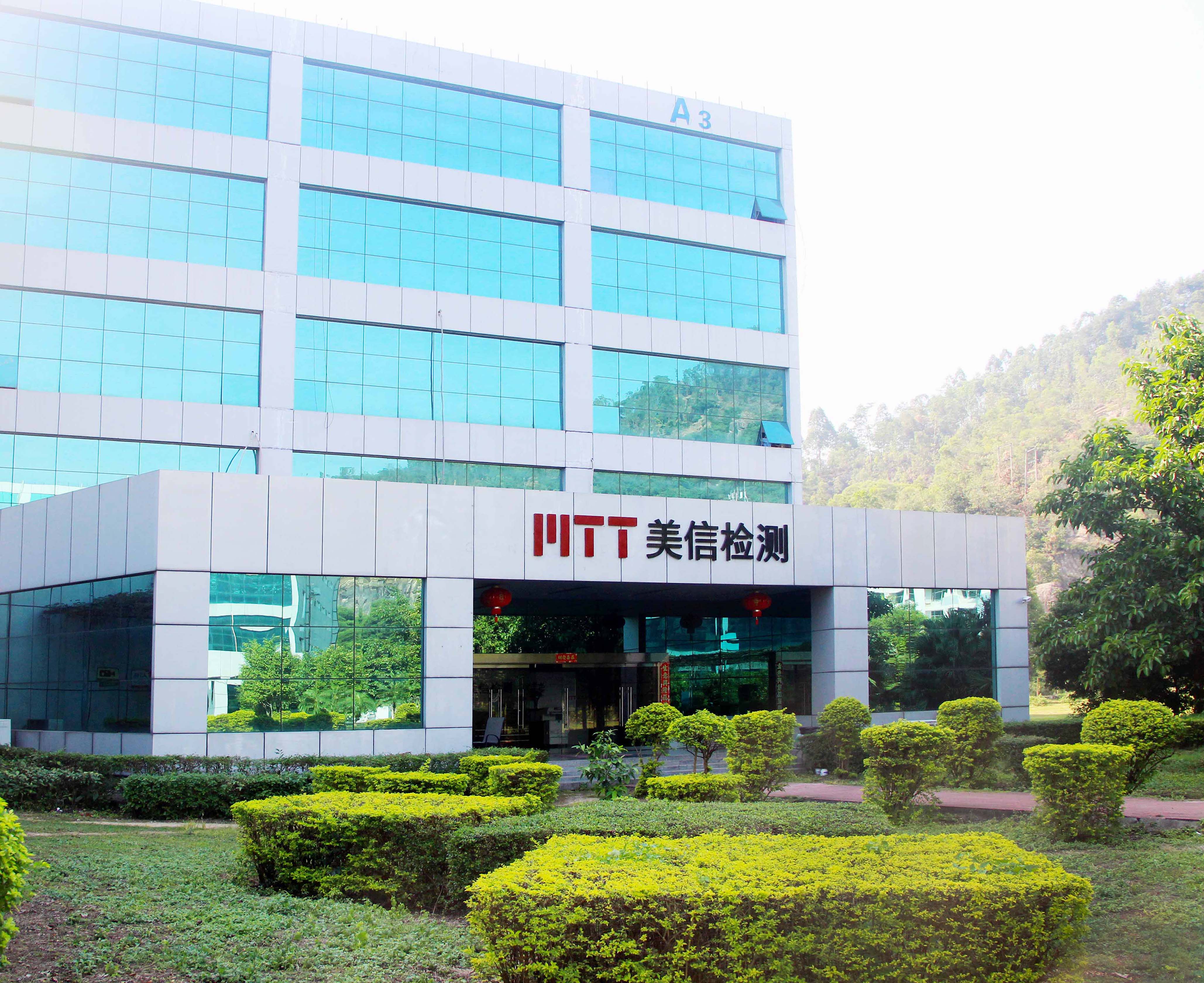







The identification of the components of polymer materials stems from the urgent needs of industrial R&D and quality control.
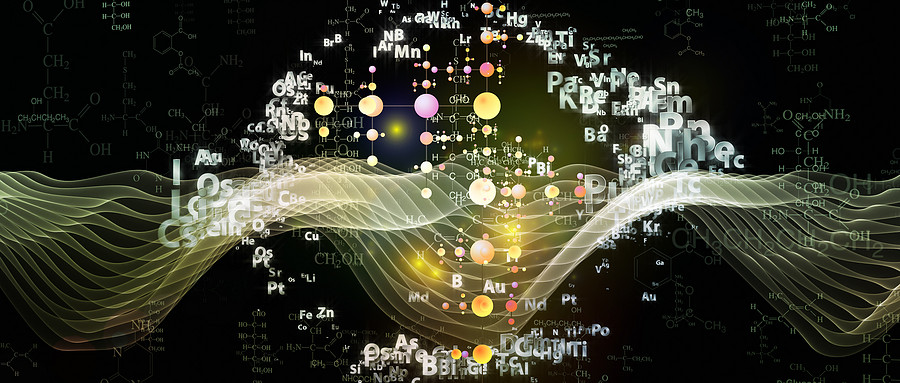
| Project Background
The identification of the components of polymer materials stems from the urgent needs of industrial R&D and quality control. In reverse engineering, it is necessary to crack the formulations of competing products (such as the resin matrix and filler system in automotive lightweight components). In the production process, it is necessary to monitor the consistency of raw material batches (such as performance fluctuations caused by suppliers mixing recycled materials). In failure analysis, it is necessary to trace the root causes of defects such as cracking and yellowing (such as corrosion caused by plasticizer migration or halogen impurities).
| Project Overview
This test adopts a multi-technique combination strategy, and realizes the qualitative and quantitative analysis of various components in the sample (including raw materials, added auxiliaries, fillers, etc.) through stepwise analysis:
Initial screening layer: Primary group analysis by spectroscopy, mass spectrometry, nuclear magnetic resonance, etc.;
Quantitative layer: Confirmation of the contents of major, minor, and trace components by chromatography, spectroscopy, energy-dispersive spectroscopy, gravimetric method, etc.;
Depth layer: Characterization of material modification, micro-area, surface, and spatial distribution of each component, etc.
Analysis methods include but are not limited to FTIR, GC/MS, LC/MS, NMR, XRD, SEM/EDS, TGA, DSC, etc.
| Test Objective
1. Understanding raw material components and conducting quality control;
2. Reverse analysis;
2. Research and development innovation;
3. Failure analysis and root-cause tracing, etc.
| Testing Standards
Internal laboratory method.
| Service Products / Fields
Rubber, plastics, adhesives, fine chemicals, coatings and inks, electronic packaging, welding processes, etc.
| MTT Advantages
1. Professional Team: A team of highly experienced testing engineers and technical experts.
2. Advanced Equipment: Equipped with internationally leading testing instruments to ensure accuracy and reliability of results. Accurate analysis of components, in-depth analysis of complex component systems, ultra-sensitive detection of trace components, and customized analysis solutions.
3. Efficient Service: Rapidly respond to customer needs and provide one-stop, high-efficiency inspection services.
4. Authoritative Certification: The laboratory is certified by ISO/IEC 17025, ensuring that test reports have international credibility.